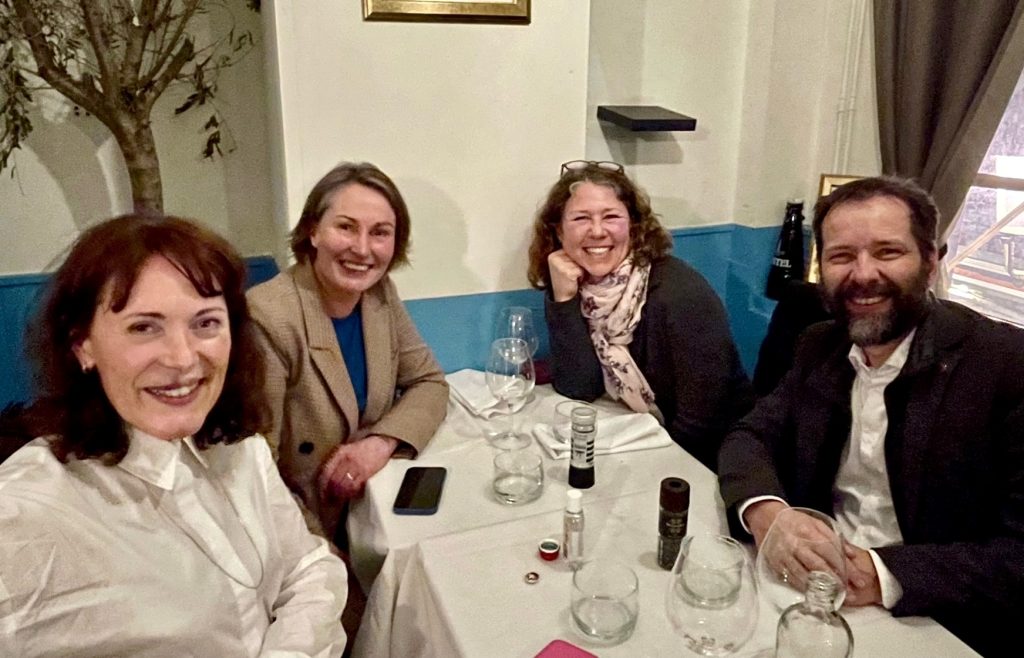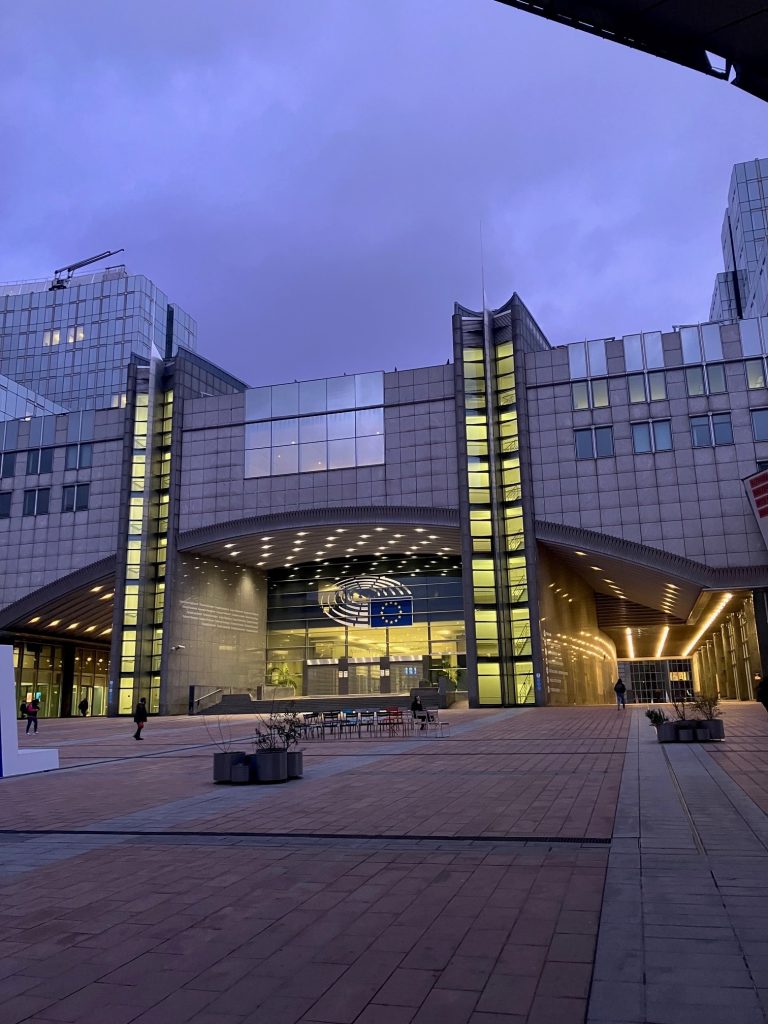“As open as possible and as closed as necessary” – joining an ACA seminar in Brussels
2-3 February the Academic Cooperation Association (ACA) arranged their yearly conference on the topic “What is new in Brussels”. The theme for this year’s conference was Global Outlooks.
ACA seminar and meetings
Staff from the international office and the communications office joined forces to participate in the conference. Attending the conference was combined with meetings with The Stockholm Region EU Office, The Greater Copenhagen Region Office and the Stockholm trio representation in Brussels (a joint representation for the university alliance Karolinska Institutet, KTH and Stockholm University) to get a greater understanding of how local representation work with matters related to higher education and research in the EU.
Responsible Internationalisation
The global perspectives were certainly present in the panel discussions and the parallel sessions. A larger part of the conference was devoted to discussions and sharing of initiatives related to responsible internationalisation and how to safeguard academic freedom in international collaborations where fundamental values are not shared by all partners. Many governments in Europe have initiated actions to guide universities in managing risks in the increasingly complex international context. The Netherlands have already published Dutch guidelines and our Norwegian neighbours are soon ready to publish their guidelines for responsible internationalisation (June 2023) with online support and checklists. The discussion is active in Sweden as well and KI’s President has been active and a driving force in the resources that KI has started building on ki.se that will be complemented with new links and new material when available.
Advice case-by-case
A discussion point was how to support decisions on specific cases. The general understanding was that country specific strategies may be less useful and that the advice must be case-by-case. Some countries like Germany have built up a national support desk that the universities can turn to for advice. We must be vigilant and make well-grounded decisions in collaborations, but the important message is that we have to stay as open as possible, and only as closed as necessary. ACA has published a reflection paper on the topic.
The European Universities Initiative
The European Universities Initiative (EUI) was also in focus and although there has been challenges the EU commission representative on site was very satisfied with the outcomes so far. The novelties and the results for these “test-beds” are shaping the future European education landscape. By 2024 60 EUI should be in place and that is estimated to be the critical mass to produce results that can become general practice for the whole European Education Area.
Preparations for new programmes
The EU is now embarking on preparations for the next Erasmus programme and Framework programme (2027-2034). Strong voices were heard that the commission should facilitate synergies between different EU-funding programmes so that in for instance the European universities alliances could receive funds from Horizon, Erasmus, structural funds, and other sources in a much more efficient and less bureaucratic manner than under the current programmes.
Reykjavik University is our new partner
As it happens, we ran into a colleague from the newest member in our own European University, Reykjavik University. We are very much looking forward to working together – and welcome them to our alliance NeurotechEU.




0 comments